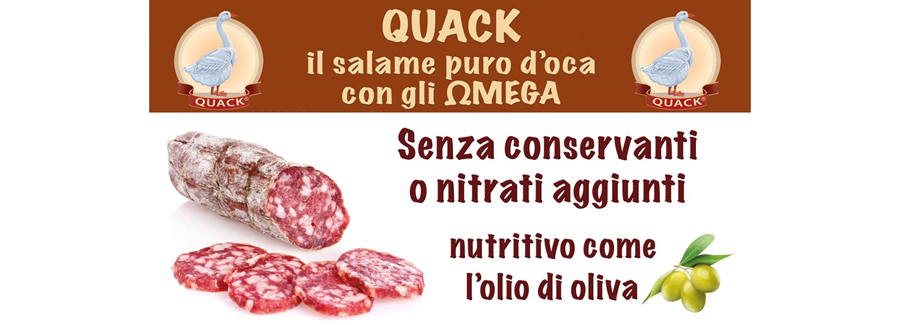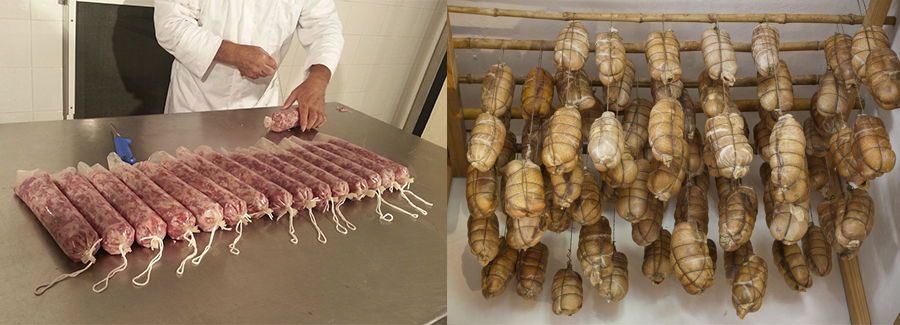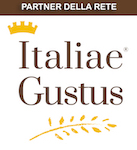L'uovo d'oca è una tipologia di uovo dall'alto valore nutrizionale che differisce da quello di gallina per la quantità di nutrienti, grassi in particolare, e per la forma e il peso.
Dal punto vista nutrizionale, questo tipo di uova hanno una buona quantità di nutrienti e calorie (185 kcal per 100 g di prodotto) e, dipendentemente dal tipo di alimentazione seguita dalle oche e dalle modalità di allevamento, le loro uova sono ricche di acidi grassi omega-3.
Anche il contenuto proteico è abbastanza rilevante con circa 14 g di proteine per 100 g di alimento. Inoltre, le proteine che contengono sono di elevato valore biologico, ossia contengono una buona quantità di amminoacidi essenziali, di cui possiedono il corredo completo. La quantità di carboidrati è invece molto bassa con 1 g ogni 100 g di prodotto.
Nell'uovo d'oca sono inoltre presenti anche vitamine e minerali, come l'acido folico, la vitamina B12, la vitamina A, così come selenio e ferro (2,6 g per 100 g di prodotto), fosforo (200 g ogni 100 g di prodotto) e calcio (52 g ogni 100 g di alimento) in discrete quantità.
Rispetto ad un uovo di gallina, il tuorlo è più voluminoso e dalla consistenza più densa. Per questo motivo, le uova di oca sono particolarmente adatte a ricette in cui si utilizza prevalentemente il tuorlo, come la pasta fresca e varie preparazioni dolci come la creme brûlé, il budino, le torte da forno e la crema pasticcera.
Prodotto da oche allevate a terra a stabulazione libera
Conservare a temperatura ambiente oppure in frigorifero
Durata: circa 15 giorni
1 uovo d'oca equivale a circa 3 uova di gallina










